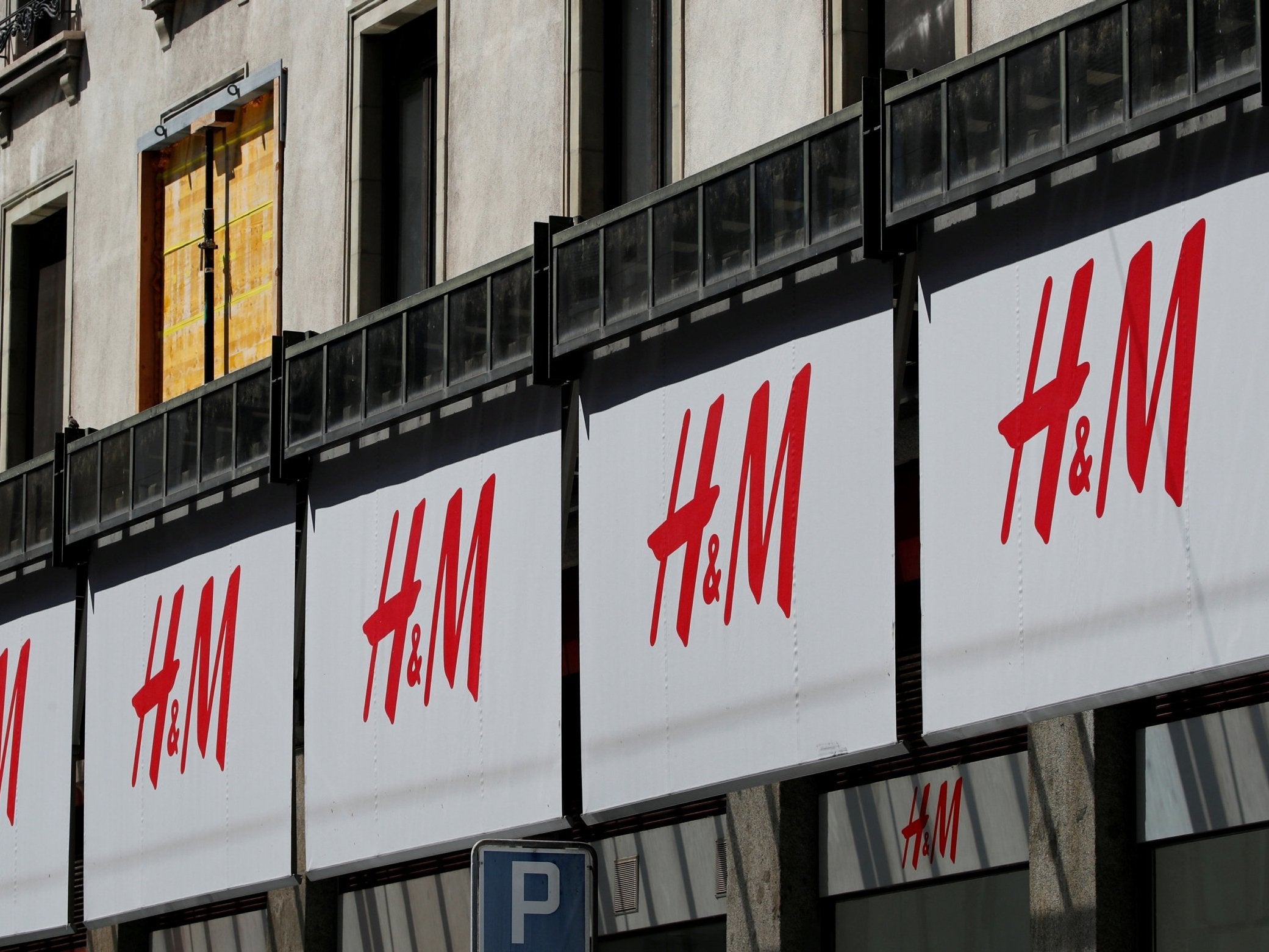H&M accused of failing to ensure fair wages for global factory workers
Employees forced to work excessive hours in order to survive, Clean Clothes Campaign says

Your support helps us to tell the story
From reproductive rights to climate change to Big Tech, The Independent is on the ground when the story is developing. Whether it's investigating the financials of Elon Musk's pro-Trump PAC or producing our latest documentary, 'The A Word', which shines a light on the American women fighting for reproductive rights, we know how important it is to parse out the facts from the messaging.
At such a critical moment in US history, we need reporters on the ground. Your donation allows us to keep sending journalists to speak to both sides of the story.
The Independent is trusted by Americans across the entire political spectrum. And unlike many other quality news outlets, we choose not to lock Americans out of our reporting and analysis with paywalls. We believe quality journalism should be available to everyone, paid for by those who can afford it.
Your support makes all the difference.H&M has been accused of failing to pay the garment workers who supply its high-street stores a fair “living wage”.
As a result, many employees are forced to work excessive hours in order to survive, the Clean Clothes Campaign (CCC) has claimed.
After interviewing 62 people in six H&M supplier factories in India, Cambodia, Bulgaria and Turkey, they said none of the workers earned anything close to a living wage which would allow them to cover their families basic needs.
The CCC said Sweden’s H&M, which is the world’s second-largest fashion retailer after Zara owner Inditex, had failed to meet a commitment it made in 2013 to ensure its suppliers would pay a living wage to around 850,000 textile workers by 2018.
Workers in factories which supply H&M in Cambodia earned less than half the estimated living wage, a figure which dropped to around a third for those living in India and Turkey, the CCC report stated.
Many workers overtime hours which exceeded the legal limit without being properly paid, it added.
Others were only paid the minimum wage if they worked extra hours and met their quota – a situation the United Nations defines as forced labour, the CCC said.
“H&M needs to take action immediately to stop the scandal of poverty wages and workers’ rights violations,” said the CCC's Bettina Musiolek.
But H&M said it had reached at least 600 factories and 930,000 garment workers with its fair living wage strategy.
The company, which has more than 4,800 stores in 69 nations, also said it did not share the CCC’s view of how to create change in the textile industry.
“There is no universally agreed level for living wages, and wage levels should be defined and set by parties on the labour market through fair negotiations between employers and workers representatives, not by Western brands,” a H&M spokeswoman said.
Additional reporting by Thomson Reuters Foundation
Join our commenting forum
Join thought-provoking conversations, follow other Independent readers and see their replies
Comments